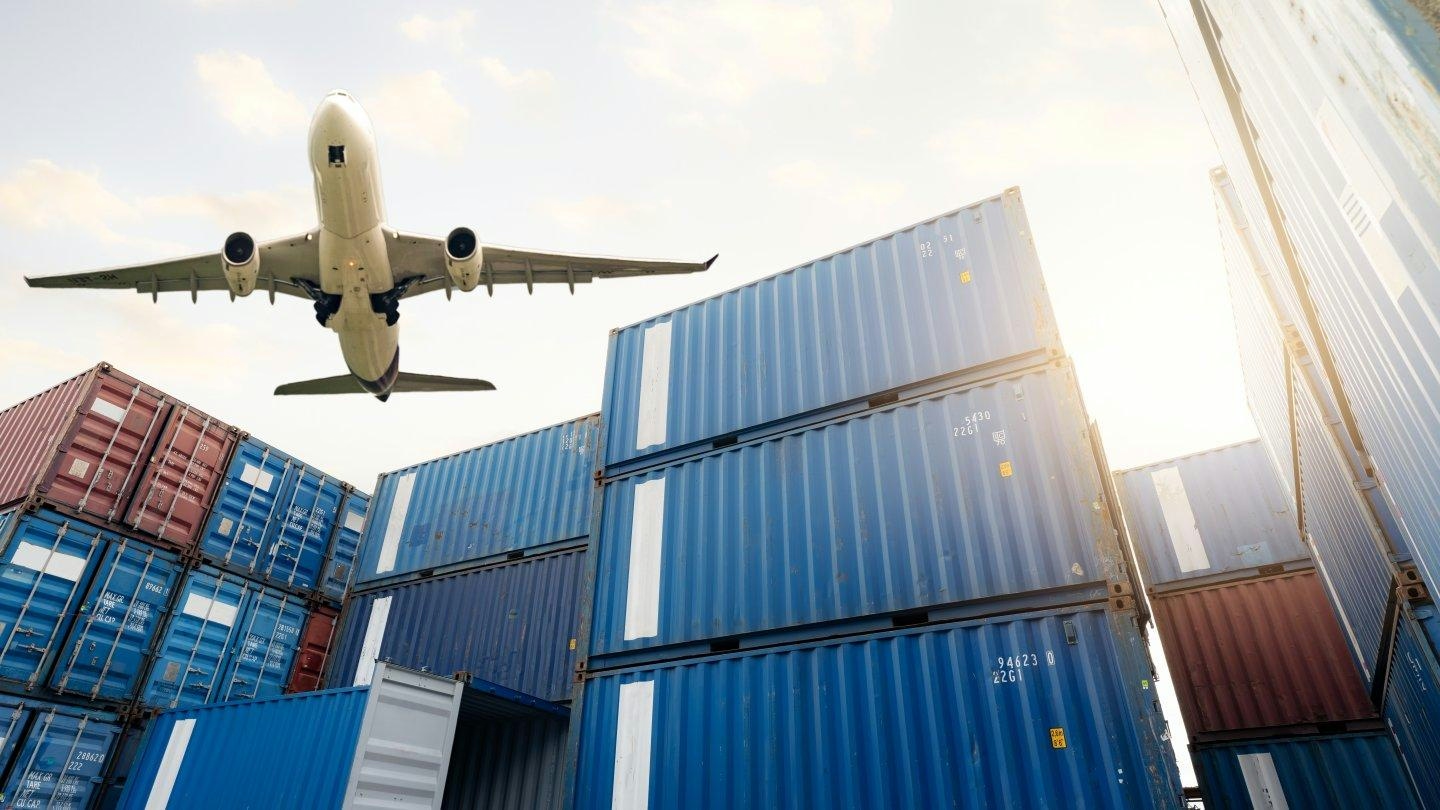AeroGenie — Seu Copiloto Inteligente.
Tendências
Categories
Saudi Arabia Advances Its Role in Global Air Cargo Logistics

Saudi Arabia Advances Its Role in Global Air Cargo Logistics
The global air cargo industry is undergoing significant transformation, driven by the rapid expansion of e-commerce and the increasing demand for resilient, efficient supply chains. Within this evolving landscape, Saudi Arabia is positioning itself as a key logistics hub in the Middle East. The recent acquisition by Saudia Cargo of two Airbus A330-300P2F freighters through ASL Aviation Holdings exemplifies the Kingdom’s strategic ambitions and reflects a broader commitment to investing in aviation and supply chain technologies.
Strategic Fleet Modernization and Regional Expansion
Saudia Cargo’s decision to integrate the A330-300P2F aircraft—passenger planes converted into freighters—represents a major milestone in its fleet modernization efforts. These aircraft, capable of carrying payloads up to 62 tonnes over distances of 6,850 kilometers, are particularly suited for transporting high-value and time-sensitive goods. By leasing the aircraft under an ACMI (Aircraft, Crew, Maintenance, and Insurance) agreement with ASL Aviation, Saudia Cargo benefits from operational flexibility without the financial risks associated with ownership. This leasing model allows for rapid scaling, a critical advantage in the highly competitive air cargo market.
Initially, the A330-300P2Fs will operate under ASL Airlines Ireland before being fully integrated into Saudia Cargo’s fleet by late 2025. This phased approach facilitates a smooth expansion of services across more than 50 destinations spanning Europe, North America, and Asia. The collaboration with ASL Aviation highlights the importance of strategic partnerships in enhancing operational capabilities and supporting growth objectives.
Vision 2030 and Infrastructure Development
Saudi Arabia’s air cargo sector is poised for substantial growth, with market value expected to rise from $2.87 billion in 2024 to $5.03 billion by 2033. This expansion is closely aligned with the Kingdom’s Vision 2030 economic diversification plan, which emphasizes the development of logistics and transportation infrastructure. Significant investments are underway, including the establishment of dedicated air cargo zones at King Khalid International Airport in Riyadh and King Abdulaziz International Airport in Jeddah. These zones are designed to streamline customs procedures and integrate multimodal transport links, thereby enhancing Saudi Arabia’s role as a critical node in global supply chains.
Recent disruptions in Red Sea maritime routes have accelerated the shift toward air cargo, underscoring the strategic advantage of Saudi Arabia’s geographic position at the crossroads of Europe, Asia, and Africa. Reflecting this momentum, the national cargo fleet is set to expand dramatically from seven to 27 aircraft by 2030, signaling the Kingdom’s determination to capture a larger share of the global air freight market.
E-Commerce Growth Amid Competitive and Geopolitical Challenges
E-commerce continues to be a central driver of Saudi Arabia’s logistics strategy. In 2024, Saudia Cargo transported 64,107 tonnes of e-commerce goods, marking a 23 percent increase compared to the previous year. The broader MENA region’s e-commerce market is projected to grow from $34.5 billion in 2024 to $57.8 billion by 2029, with Saudi Arabia and the UAE leading this expansion. Strategic partnerships with international logistics firms such as Scan Global Logistics and Air Logistics Europe further reinforce Saudia Cargo’s focus on capturing e-commerce freight volumes.
Despite these advances, Saudi Arabia faces several challenges as it seeks to solidify its position in global logistics. Geopolitical sensitivities remain a concern, exemplified by Bahri’s recent denial of carrying shipments bound for Israel, which could affect international partnerships and investor confidence. Skepticism persists among some global logistics operators regarding the ambitious targets set forth in Vision 2030. Additionally, regional competitors, notably the UAE and South Africa, are intensifying their investments in logistics and aviation infrastructure, potentially diverting business opportunities. Fluctuations in global air cargo demand, including a projected decline in imports destined for the United States alongside surging demand in Asian markets, will require Saudi Arabia to continuously adapt its strategic approach.
As Saudi Arabia accelerates its investments and forges new partnerships, its capacity to navigate these challenges will be pivotal in defining its long-term role within the global air cargo logistics sector.

Factors Positioning Airbus for Leadership in 2026

Emirates Unveils Cabin Design for New Boeing 777X

Eighteen Years On, the Airbus A380 Remains Central to a $34 Billion Airline

How a boom in luxury airline seats is slowing down jet deliveries

Navitaire Outage Attributed to Planned Maintenance

Airbus Plans Record Delivery of 870 Aircraft in 2026

DigiYatra Debuts Outside Aviation at India AI Impact Summit

Vietnam Orders Strengthen Boeing’s Commercial Outlook

Airbus Signals Uncertainty Over Future A400M Orders

JobsOhio Awards $2 Million Grant to Hartzell Propeller for Innovation Center
